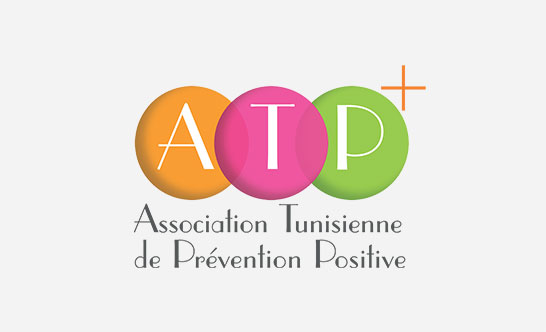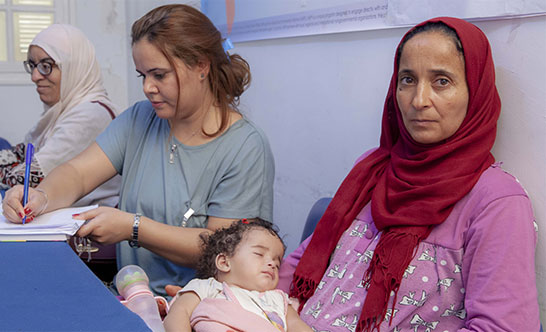Partners
ATP+

The Tunisian Association for Positive Prevention (ATP +) is a non-profit organization working for the promotion of human rights and dignity.
ATP + aims to improve people's living conditions respecting equity and dignity. Its mission is to improve the participation of vulnerable groups in the HIV response to influence decision and policymaking processes.
The ATP + intervenes on various axes, namely:
- •Intervention as part of the national HIV response
- •Universal access to treatment and intellectual property
- •Prevention of Mother-to-Child Transmission of HIV
- •Prevention, access to treatment and care
- •Sexual and Reproductive Health
- •reservation of Dignity
Its objectives are to:
- •Respond to national HIV response goals
- •Advocate for the removal of intellectual property rights to ensure universal access to treatment
- •Reduce mother-to-child transmission of HIV
- •Improve access to treatment, care and management
- •Raise awareness about sexual and reproductive health
- •Preserve the dignity of PLHIV
- •Advocate for gender equality of PLHIV
Partners
"Horra Wa Faâla" Center for Multisectoral and Integrated Services for WVV of ADGS

Stakeholder and beneficiaries, South Gafsa Development Association © UNFPA Tunisia 2018 / Mrad Ben Mahmoud {Ag. Audimage
The “Horra Wa Faâla” Center for Women Victims of Violence inaugurated in 2017 and supported technically and financially by UNFPA as a part of its partnership with the Ministry of Women, Family, Childhood and Seniors and the European Union, offers listening, counseling, multisectoral services, a shelter and an empowerment program to women victims of violence and their children in the governorate of Gafsa in South Tunisia.
During the years 2017 and 2018:
- •408 Women survivors between 14 and 84 years old benefited from the center’s services
- •172 survivors benefited from medical services (359 interventions)
- •221 survivors benefited from psychological counseling (454 consultations)
- •239 survivors benefited from Social services (438 interventions)
- •212 survivors benefited from legal services (354 interventions)
- •10 survivors benefited from support for income-generating activities
- •8.5% of survivors were accommodated in the shelter with an average length of stay of 14 nights.
- •40.8% of survivors reached socio-economic independence
